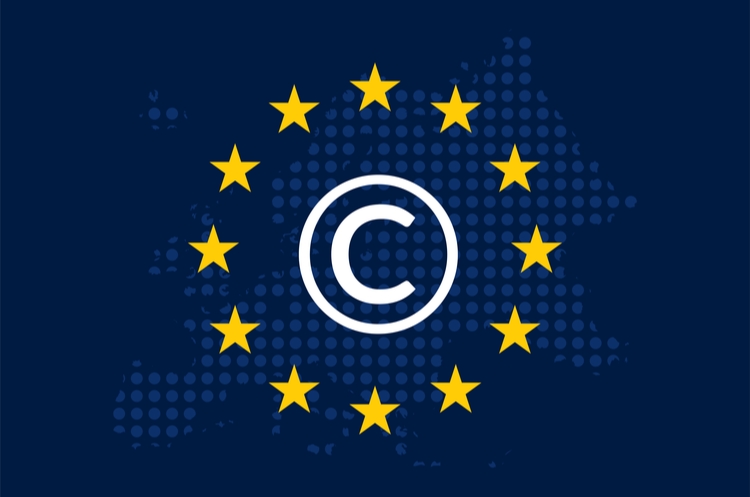ETUCE calls on genuine involvement of social partners in the implementation of the EU Copyright directive
Published:
On 15 April 2019, the European Council adopted the Directive on Copyright in the digital single market, widely known as the EU Copyright Directive, with a majority of 19 Member States in favour, 6 objecting, and 3 abstaining, highlighting the contentious nature of the legislation. This adoption confirms the European Parliament’s confirmatory vote on 26 March, and, ensures that, as per the EU Ordinary legislative procedure, the Directive is implemented by EU Member States in the next two years.
While ETUCE has welcomed the timely initiative, it has warned of necessary adjustments to the directive for the education sector, including for higher education and research. Namely, education trade unions have advocated for an exception for the use of digital materials for non-commercial education and research purposes, thus ensuring free access to copyrighted contents for educators, researchers, and students across the EU. ETUCE believes such a measure goes in the direction of ensuring access to quality education for all, regardless of financial resources.
While the adopted directive does contain measures facilitating the work of researchers and educators, such as the text and data mining exception for research purposes, as laid in articles 3 and 4, it falls short of ensuring a comprehensive EU-wide framework for dissemination of copyrighted content in educational contexts. In particular, concerns have arisen over grey areas leaving the implementation of the copyright exception for education and research purposes to Member States’ interpretation at the transposition phase of the directive. Indeed, at this stage, ETUCE believes it is possible for Member States to allow for-profit content providers to restrict the access of educators, researchers and students to digital works by means of license contracts, thus effectively erasing the exception.
Susan Flocken, ETUCE European Director, commented: ‘At this stage, European Member States dispose a period of two years to transpose the directive into their national legislations. ETUCE’, she continued, ‘strongly believes that this implementation should involve the consultation of social partners in education, so as to avoid that a necessary legal mechanism jeopardises the potential benefits of the digital era for the education sector.’